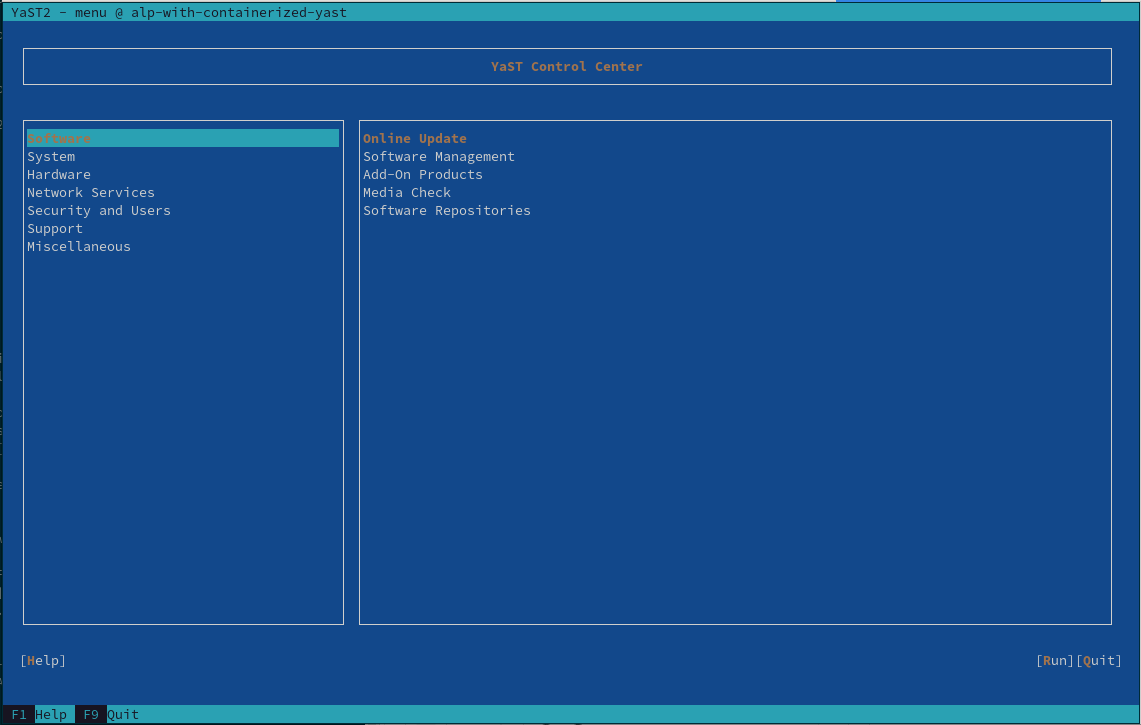SUSE released The first prototype of the Adaptable Linux Platform (ALP) – named “Les Droites”.

According to the official introduction, the motivation for developing ALP is to allow users to focus on their workloads while abstracting the hardware and application layers. Through the use of virtual machines and container technology, the Adaptable Linux Platform allows workloads to be independent of code flow.
Adaptable Linux Platform Key Features
- software: Pre-installed Salt and Ansible can be used to simplify further administrative transactions, allowing users to configure/manage ALP systems in a flexible and agile way.
- Hardware Support: The architecture baseline of ALP is set to x86_64-v2. Previous consideration for x86_64-v3 was rejected after an initial round of feedback. Currently considering support for x86_64-v3 and possibly v4 via the hwcaps feature.
- Full Disk Encryption: Les Droites supports TPM’s Full Disk Encryption (FDE) by default on x86_64.
- To make testing and exploration easier in earlier releases, the first prototype was more permissive with regard to SELinux, which was incorporated into future releases.
- Supports using Podman and K3s as container runtimes.
- Containerize workloads: While some workloads are still in development and follow ALP design principles, some components are already containerized, such as GDM or Yast2, while others will follow, such as Cockpit.

Officials say they are very encouraged by the first ALP prototype, as this method enables them to implement and test all new features for their next-generation Linux distribution, such as independent workloads, taking advantage of modern CPU features, and improving hardware performance.
See the release announcement for details.
#SUSE #Releases #Adaptable #Linux #Platform #ALP #Prototype #News Fast Delivery
